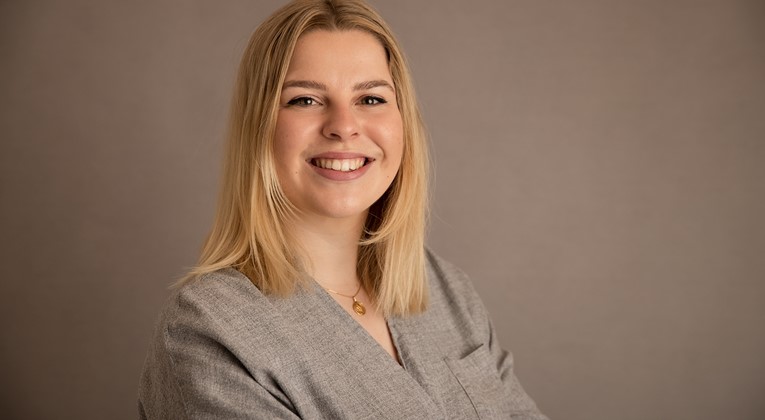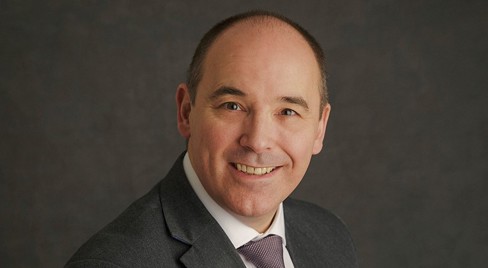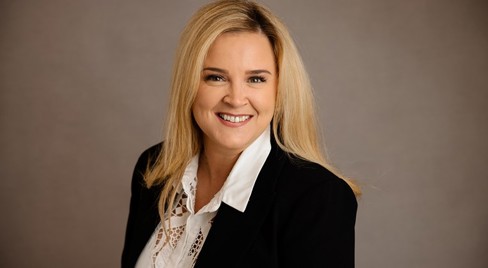R&D tax credits are a valuable government incentive that offers innovative companies the opportunity to claim back some of the costs of developing new products and processes.
Few industries are so heavily invested in innovation as the healthcare sector; drug development, medical devices and cutting-edge research are all chances for companies to claim R&D tax credits. The total healthcare expenditure in 2022 was £283 billion, accounting for 11.3% of the UK’s GDP.
However, your company being in the healthcare industry is not enough on its own to make your claim qualify. HMRC has specific criteria to ensure that companies only claim for genuine R&D.
What are R&D tax credits?
The R&D tax credit scheme is a government-backed incentive designed to encourage innovation and growth, increase internal spending and boost our economy.
The scheme offers UK companies up to 27% of their R&D expenditure back, either as a cash lump sum or a reduction in their Corporation Tax bill, depending on the company’s profitability.
However, companies must demonstrate that they conducted qualifying R&D activities to make their claim. This means you must have sought to advance the field of science or technology, and have undertaken scientific or technological uncertainty to do so.
Do healthcare companies claim R&D tax credits?
Pretty much every aspect of healthcare is involved in some sort of research and development. Companies within the healthcare industry are continuously looking for breakthroughs to try and prevent ill health, diagnose medical conditions quicker, produce more effective treatments, and provide better outcomes and faster recovery for people suffering from poor health.
All kinds of companies in life sciences could qualify, from biotech firms developing new drugs to CROs and CDMOs carrying out formulation testing, MedTech companies building new diagnostics to software development companies finding ways to use AI to speed up diagnosis and recovery.
Some healthcare R&D project examples that would qualify for R&D tax credits might include:
- Developing software to help medical staff keep patients’ records and medical history
- Building medical devices and equipment for surgical and non-surgical applications
- Chemical testing for new drugs
- Formulation development for improvements to existing drugs
- Clinical trials to determine if any improvements can be made to existing medical interventions
- AI and machine learning projects for disease detection
This type of continuous research and development within the sector makes most healthcare companies the perfect candidates for R&D tax credits. UK pharmaceutical companies spend around £5 billion on R&D annually, making it one of the largest R&D-focused industries in the UK.
However, only 1% of the value of claims made in 2022-23 period were in the health and social work sector. This may be down to discrepancies in the sector data, with some companies perhaps labelling themselves as within the high-performing Professional, Scientific & Technical or Manufacturing sectors, or perhaps there is still room for improvement when it comes to the healthcare sectors claiming R&D tax relief.
What expenses can healthcare companies claim?
There is a select set of cost categories that can be included in an R&D tax credit claim.
In the healthcare sector, this may look something like:
- Personnel costs like salaries, pension contributions and NICs for staff directly or indirectly involved in the R&D project (clinicians, lab technicians, researchers, developers, project managers, etc.)
- Payments to third parties or subcontractors
- Consumables, like materials used to develop the innovation or prototypes needed
- Utilities like lighting, power and heating
- Software licenses, data licenses and cloud computing costs
- Maintaining lab space and equipment needed to develop or test the innovation
- Payments made to clinical trial volunteers
Is your company eligible for R&D tax credits?
You may be eligible for R&D tax credits if you answer yes to the following questions:
- Did you research the state of the art within the industry before beginning your project?
- Does your project break new ground in comparison to the scientific or technological baseline you researched?
- Did you have to overcome significant scientific or technological difficulties to find your solution?
- Was your team working out the solution through trial and error, or experimental approaches?
Need help? Get in touch!
If you’re still unsure whether you qualify, why not contact our R&D tax credit claim experts? With over 20 years of experience with R&D tax credit claims, we’ll be able to tell you if your project is eligible, what costs are permitted and how much you might be able to claim.
Tax Cloud walks you through the whole R&D tax claim process, telling you what information you need to submit and reviewing it for clarity and eligibility. We’ll even submit your claim to HMRC on your behalf.
Book a demo with the team, or contact us for more information.







